
Interviews, podcasts, events, insights: the CMCC’s dive into COP27
A theme for each day throughout COP27 in Egypt. A series of CMCC resources based on climate science. Stay up to date and be a part of the change!

A theme for each day throughout COP27 in Egypt. A series of CMCC resources based on climate science. Stay up to date and be a part of the change!
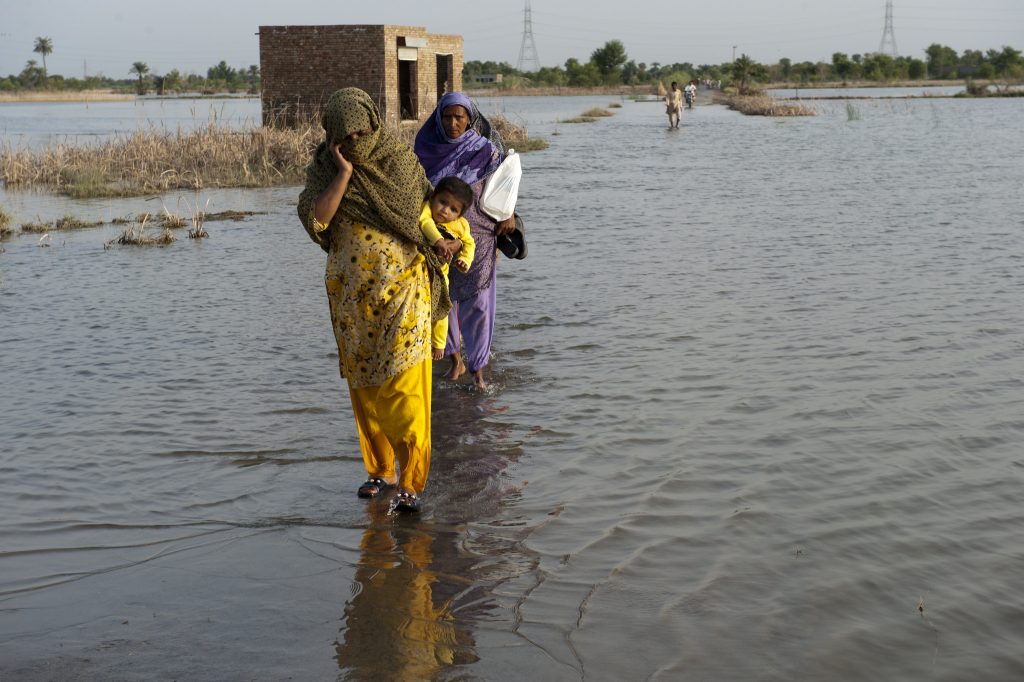
From mid-June to the end of August 2022, Pakistan experienced record-breaking rainfall which led to unprecedented flooding in much of the country. This came off the back of a deadly heatwave just months before with peak temperatures above 50 degrees Celsius. What do these seemingly contrasting events have in common? “Extreme event attribution” helps scientists identify if there are human fingerprints on these extreme events.
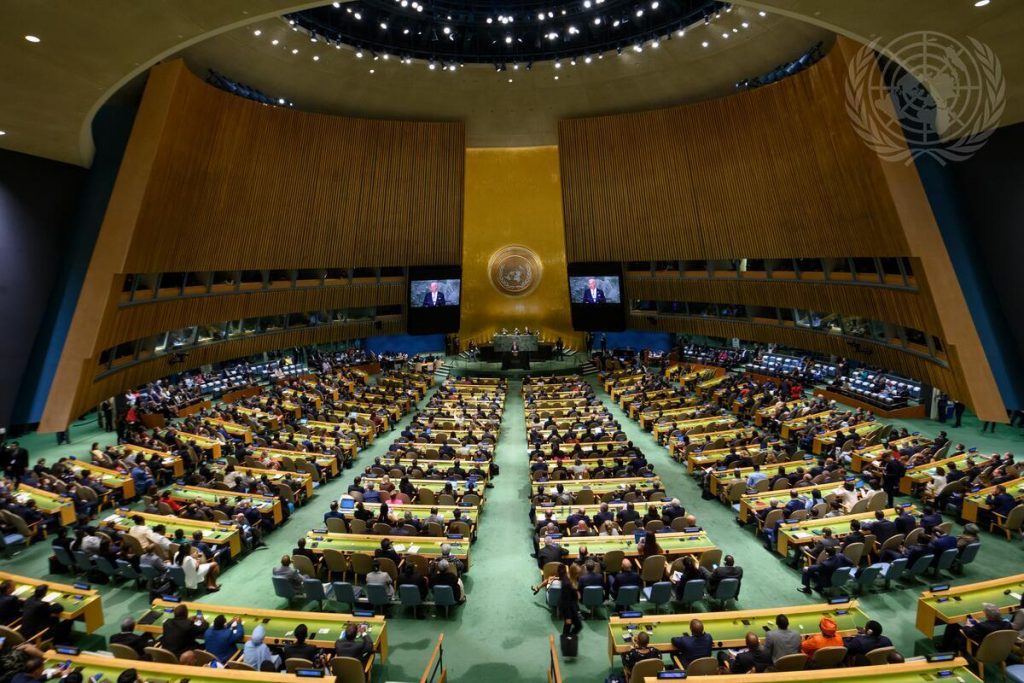
As leaders met at the UN general assembly some of the key issues that will come up at COP27 came to the surface. First and foremost climate justice.
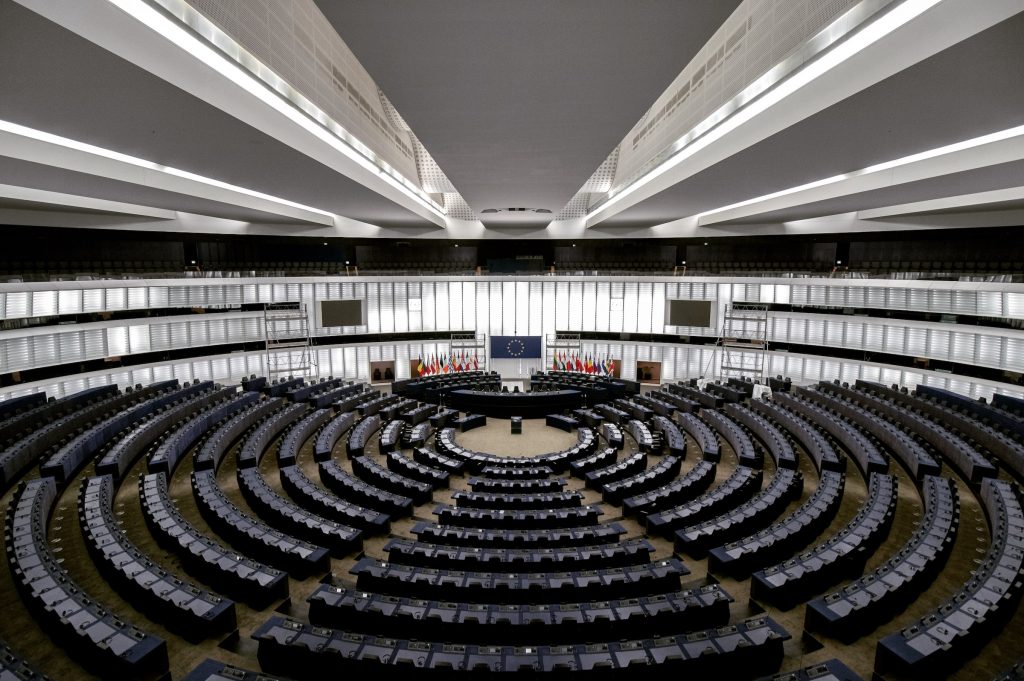
From deadly flooding in Pakistan to the energy crisis and climate justice, the 77th session of the UN General Assembly will have to face climate issues notwithstanding the overarching shadow of war.

What does uncovering the mysteries surrounding sunken ships have in common with understanding our climate? Both involve looking at tree cores and studying the historical archives contained within their inner rings. Dendrochronology, literally the study of tree time, offers a view into the past that provides vital information about our present and future.

With the price of crude oil reaching its highest level in over a decade and the cost of natural gas skyrocketing, policymakers are faced with a choice: double down on fossil fuels or add urgency to the clean energy transition? Although most agree investing in renewables is the more logical solution, others are pushing for fossil fuel infrastructure, potentially locking the world into “irreversible warming” and creating a mass of stranded assets.
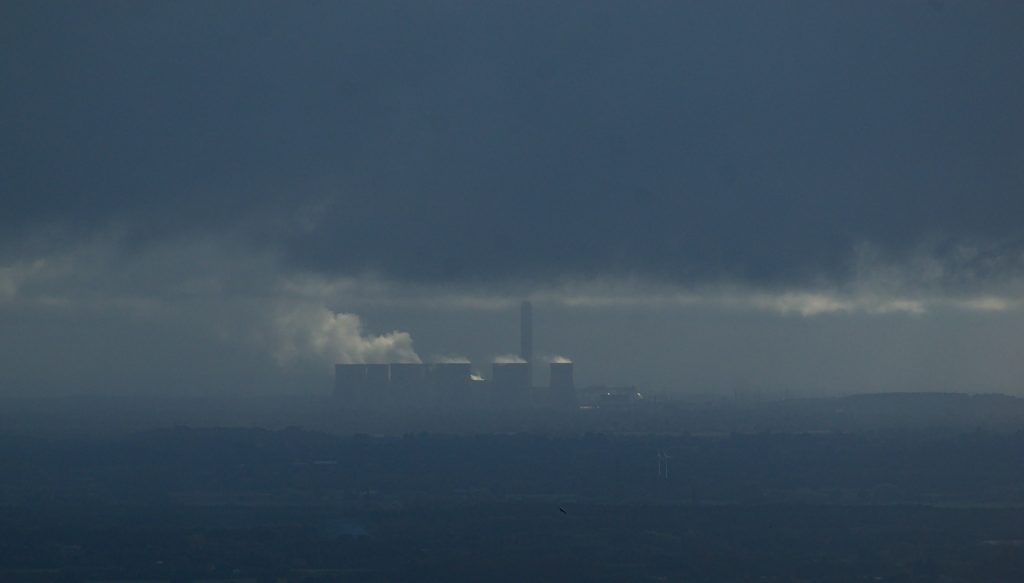
Scientists, experts, and policymakers: the eyes of the world are turning towards methane, a potent greenhouse gas the mitigation of which is one of the single most effective short-term actions for fighting climate change. What avenues are open for implementing effective strategies? Analysts and researchers weigh in on the international debate.

By Fabio Cian
Photography has the power to inform and provide a vision of reality that is coloured with emotions and beauty. It can also help raise awareness about the climate crisis, bringing people closer to one of the most important issues of our time through novel interpretations of the past, present and future.
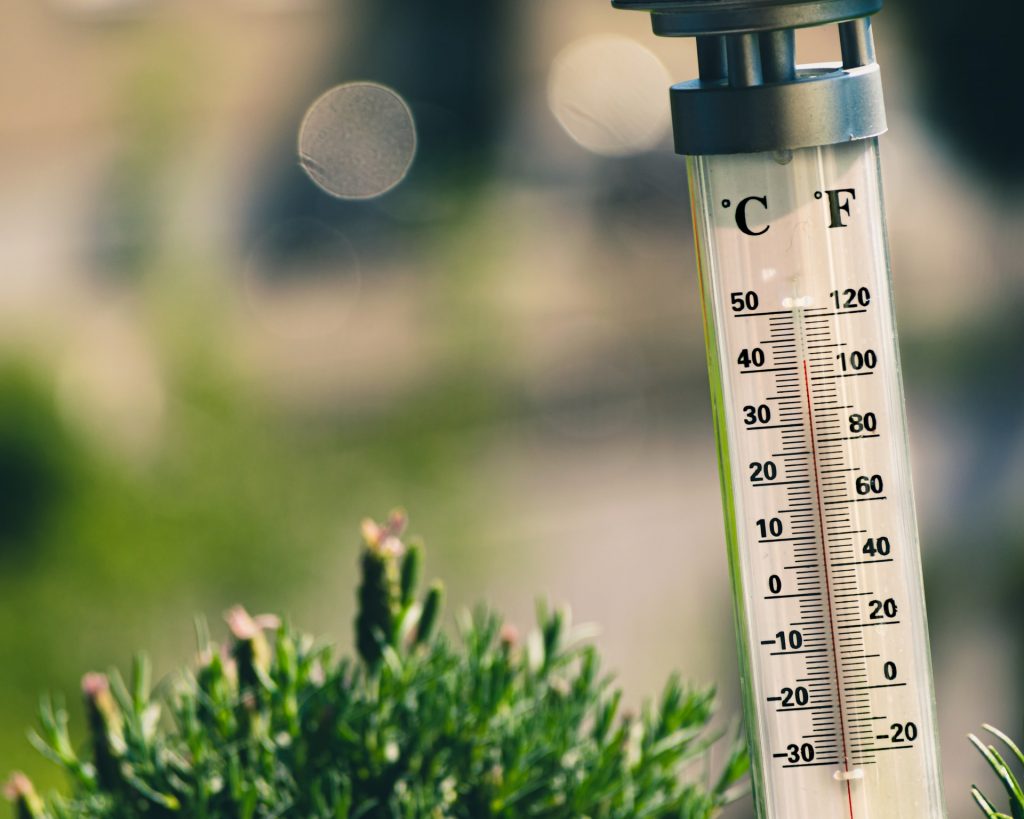
The latest generation of climate models that predict future temperatures and their impacts present what some researchers have defined as the “hot model problem”. The solution may be to shift from model democracy to model meritocracy.
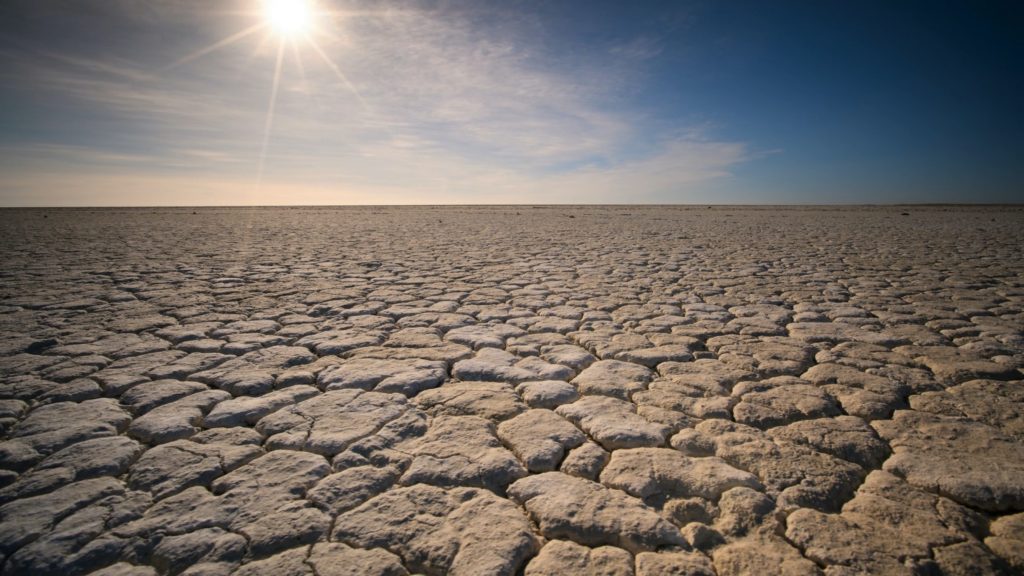
Record-breaking temperatures in Europe, heat advisory in the US, and peaks in electricity consumption in China. Media outlets and climate change communicators across the world are pointing to links between the ongoing heatwaves and climate change, just as researchers are working to make the science behind extreme weather attribution more robust.

A mix of high-resolution data, advanced research, participative interactions with local communities and supporting natural and spiritual heritage. This is the starting point to design resilience strategies and plan more sustainable solutions for mountain tourism, a sector that accounts for 15-20% of global tourism.

by Ella Healy and Ana Ross
Inequalities exacerbated by climate change cannot be communicated without involving the frontline communities experiencing its worst impacts. Effective communication strategies serve to eradicate – rather than perpetuate – these inequalities, and offer a more nuanced, empowered representation of those most vulnerable to climate change.